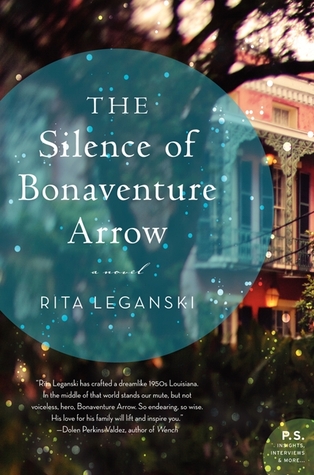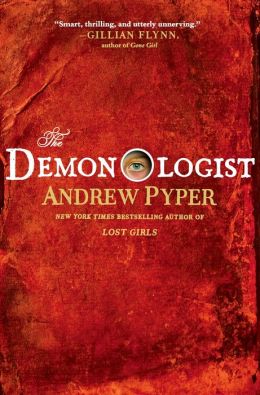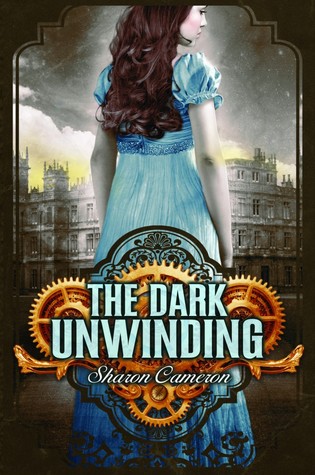
This is a beautiful story about a little boy endowed with a special ability that will save his family from their own painful secrets. Born without a voice, Bonaventure Arrow can hear everything, from the bayou grasses near his home in Bayou Cymbaline, to trees blowing in Arkansas, to penguins on the ice in Antarctica. But beyond that, Bonaventure can hear colors, feelings, faith; his mother's sorrow and guilt, his grandmother's shameful secrets, and his dead father speaking to him. It is this special gift of hearing, combined with the help and guidance of a housekeeper who is more than she appears, that will allow Bonaventure to alleviate the pain of both the living and the dead.
The writing in this novel is superb, with creative descriptions of the sounds that might be made by things we cannot hear. For instance, the color red is described as sounding like trombones. The inventiveness in Bonaventure's communication, from extremely expressive facial expression when he is very small to learning sign and writing, is really something incredible. Additionally, the language in the story itself is beautiful as well as simple, creating the feeling of open affection for Bayou Cymbaline and its unique brand of southern culture. The words themselves, how they have been crafted together, is indicative of the characters' attitudes.
Religion, from voodoo and hoodoo to Catholicism and various revival churches, plays a large role in this story but skirts around the common problem of being preachy. Centered as it is in a place with such rich and varied cultural history, this novel takes full advantage of its location and Leganski does an incredible job of blending multiple religions and spiritual practices into (mostly) harmonious coexistence, focusing on their commonalities instead of their differences.
This book made me feel like a witness to something strange and beautiful happening to people outside of myself. I recommend this book to anyone who loves a creative story of monumental kindness and beauty and sweet selflessness that puts things back as they should be. Look for The Silence of Bonaventure Arrow, by Rita Leganski, in your favorite local bookstore starting in March of this year.




